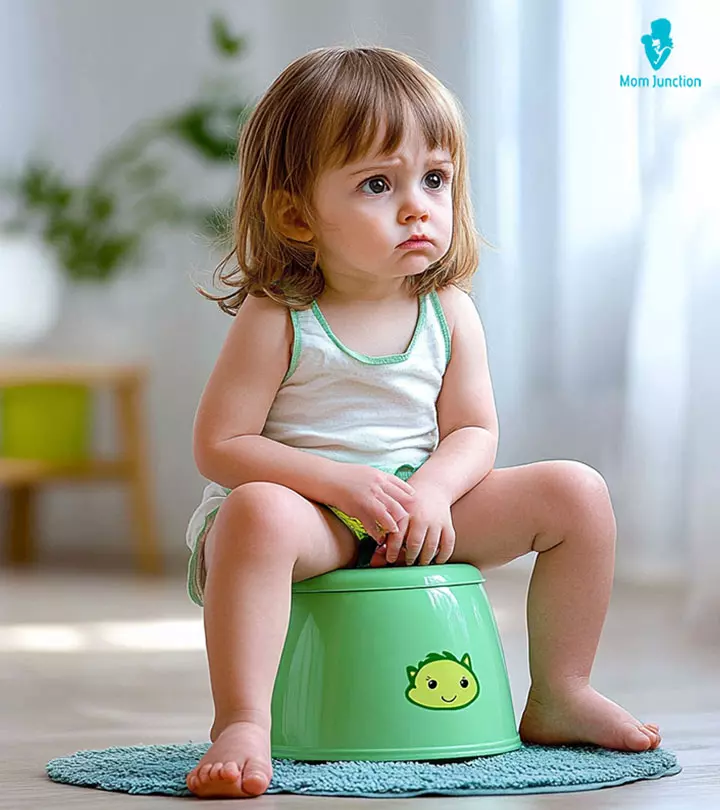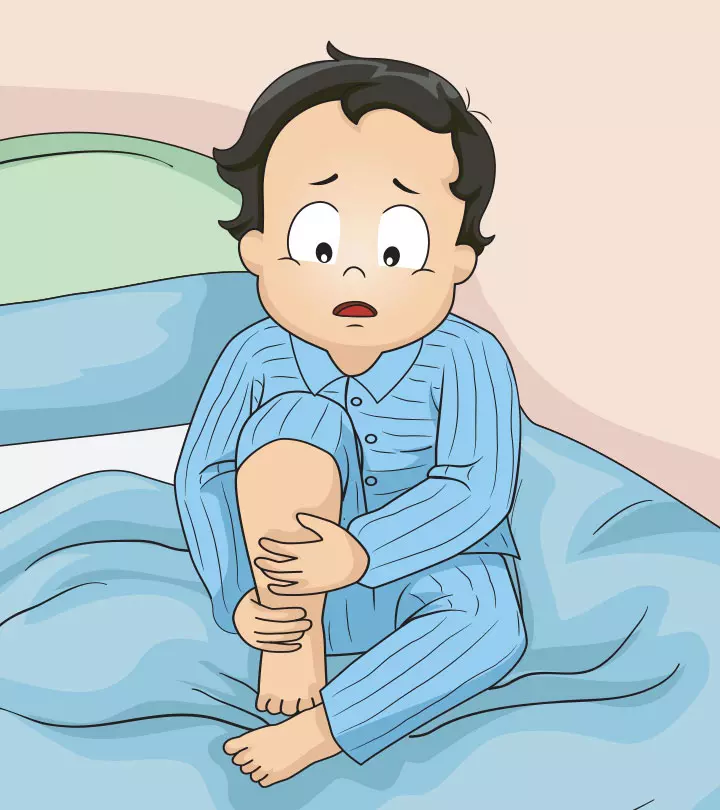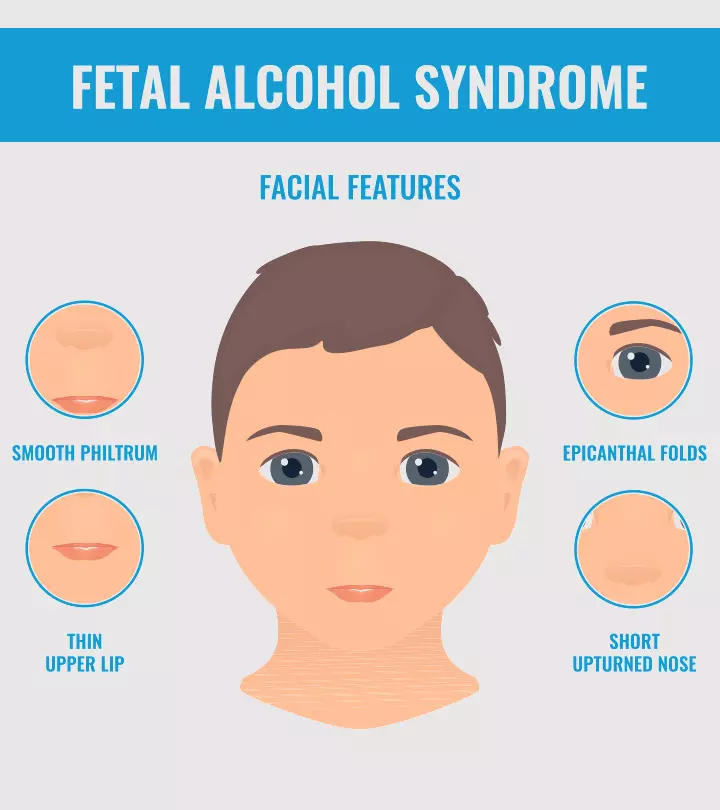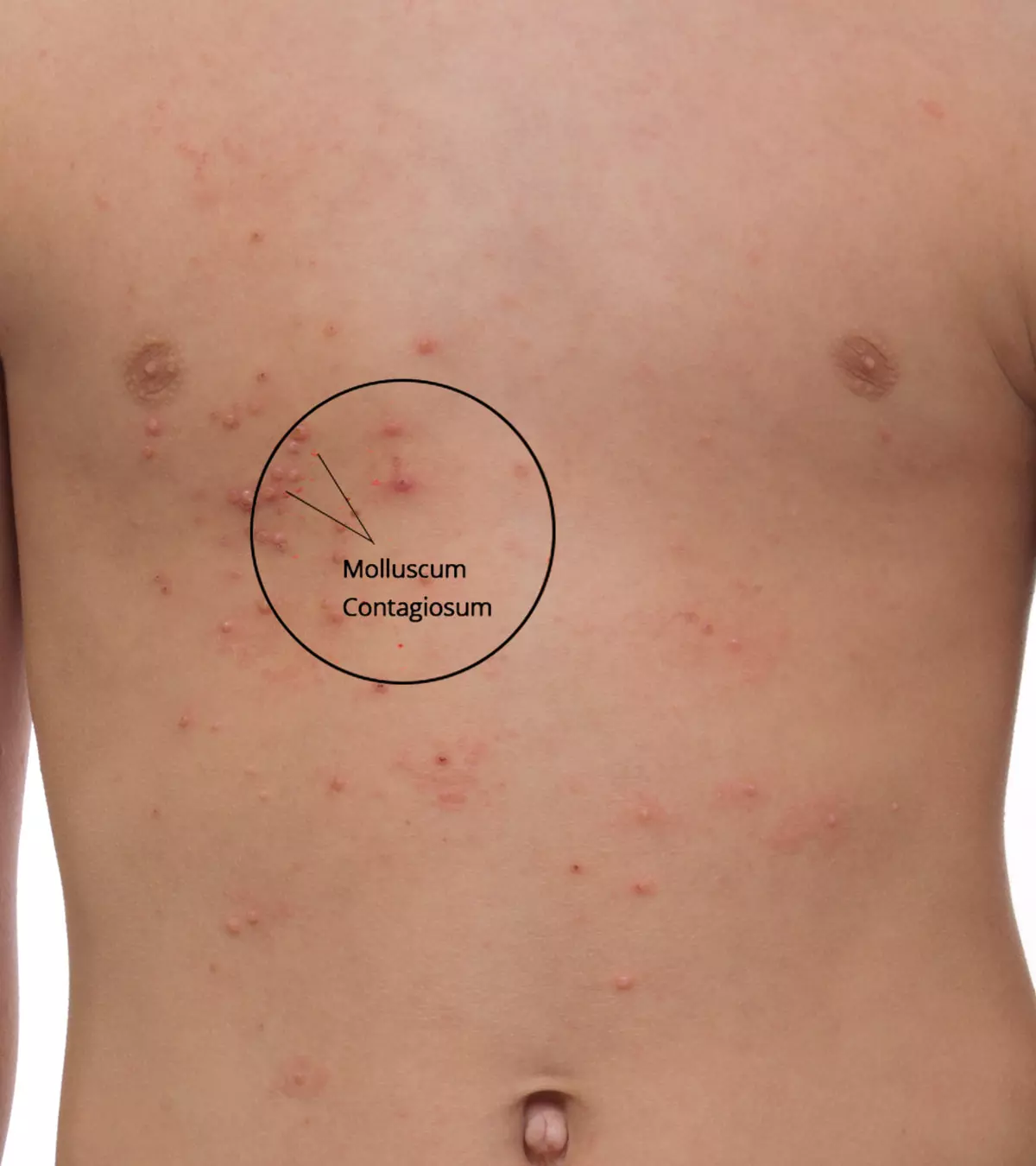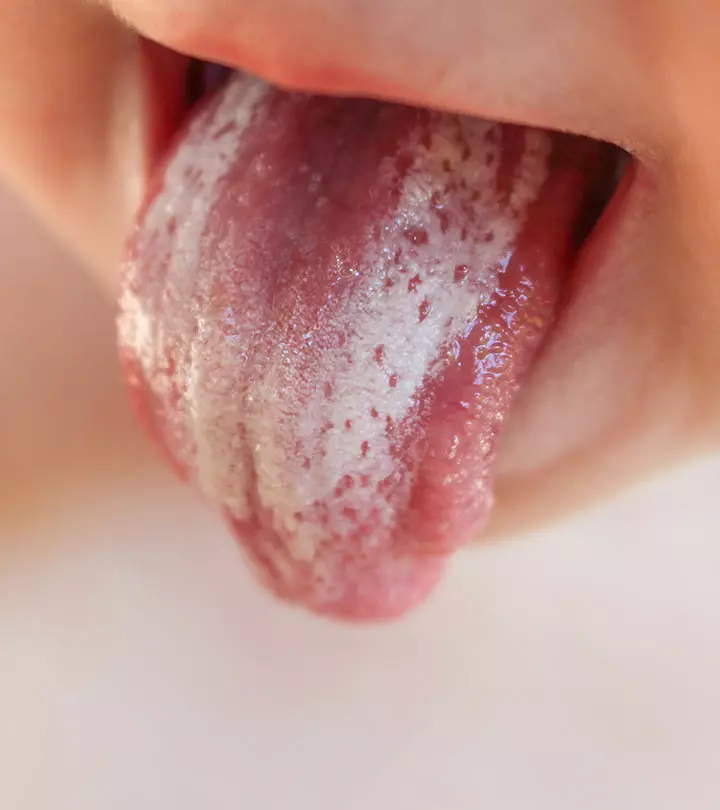
Image: ShutterStock

When your child reaches adolescence, you may see many behavioral changes in them, including teen rebellion. Your children may be answering you back, rarely assist you with household chores, and are determined to break your every rule. Most parents deal with it in some way or another, with some cases being minor and others being serious.
As a teen, they might have had their explanations on why they acted defiantlyiBehaving in a way to oppose, resist, or disobey something boldly. toward their parents. However, as a parent, you would want to know how to deal with a rebellious teen, particularly if they have lost control.
This post discusses some of the reasons teenagers rebel and how parents might deal with the situation.
Key Pointers
- Teenage rebellion stems from a desire for independence and ideological differences with parents.
- Teenagers often make impulsive decisions under peer pressure or hormonal influence.
- Rebellion can have positive effects on teenagers, making them more confident, fearless, independent, and socially aware.
- Effective strategies for handling teenagers include healthy communication, staying calm, and finding a middle ground.
What Is Teenage Rebellion?
Teenage rebellion is an act of highest assertion of independence and little adherence to parental advice during the teen years of a child’s life.
It is called a “rebellion” because it leads to an intense confrontation between the teen and their parents. An out-of-control teenager might start a rebellion that may seem spontaneous and illogical to parents, but there are several underlying reasons behind the behavior.
Why Do Teens Become Rebellious?
There are multiple reasons behind the rebellion during the teenage years (1) (2):
- The desire to be independent: Teens are somewhere between being an adult and a kid. The in-between phase causes a surge in motivation to change the status quo and leads to subversion. The urge to be independent leads to increased defiance of rules, nonconformity, and disobedience.
- Heightened differences with parents: The teen’s growing sense of dissent is evident in their questioning of the rules they have been following since childhood, which now seem suffocating. They question the rationale behind such rules and feel that the rules are curtailingiReducing or limiting a privilege or a resource. their freedom. A teen might like things that are “cool” for their generation, but might be disapproved of by the parent. As teenagers work to establish their own identities, they often clash with their parents, causing increased tension and misunderstandings. This period is essential for their development and calls for patience and understanding from parents.
- Impulsive decisions: Experts state that teens are prone to making impulsive choices. A teenager’s judgment can be overridden by the desire to seek thrill and encounter exciting experiences. It can cloud the discretionary thought process, which may eventually make them violate and protest against rules, and ignore risks in favor of rewards (3).
 Research finds
Research finds- Peer pressure: The teenage brain lays greater emphasis on the opinion of their peer groups so that they can feel a sense of belonging in those groups. A teen might want to do things to please the peers even if parents are against it.
- A change in the brain structure: Researchers note that the connections between the neurons of the brain do not develop completely until the mid 20s (1). The effect is compounded by the impact of puberty on the brain. An immature neural structure with the constant change in the brain design impacts their decision-making, leading to rebellious behavior and youth defiance.
- Hormonal changes: A mixture of hormones pumping through a teenager can cause a drastic change in the thought process. For instance, the production of testosteroneiA male sex hormone responsible for reproduction and the development of male sex characteristics. in boys during teen years is ten times more than what they once had (1). Sex hormones have a significant impact on the brain functions and may have effects on essential neurotransmittersiChemical messengers in the brain that send signals throughout the body to carry out different functions. leading to problems with mood and demeanor.
The word ‘rebellion’ sounds all negative but with teenagers, it is an important part of the developmental process.
Positive effects of Teenage Rebellion

Image: IStock
Here is how teenage rebellion can have some positive impact:
- Teens can openly express their opinion to parents. A teen is more likely to have a dialogue with the parent to understand a rule instead of following it blindly. It means you can have some mature conversation with the teen.
- Makes them be independent in situations. Some rebellions lead to independence for good reasons. For example, resisting the parent’s help in packing their bags and doing it all by themselves is a big help to the parents!
 Point to consider
Point to consider- Teaches elements of appropriate social behavior. If the teen never rebel, they would never have an opportunity to learn from their own mistakes.
- Makes a teen feel like a grown up. Teens are on the path of becoming adults. A healthy rebellion for good reasons can make the teen think like an adult behave responsibly.
- Bolsters self-confidence. Maybe a bit of rebellion was all the teen needs to develop a strong sense of self and be more assertive and confident.
Healthy teen rebellion is surely a desirable scenario. But it is the negative teenage rebellion, which you need to deal with as a parent.
How To Deal With A Rebellious Teenager?

Image: IStock
It may be annoying to see your child rebel against you. But you can face it with these simple measures (4):
1. Stay calm:
- Teenagers are still children. Do not get flabbergasted if you do not see reasons for their disobedience and rebellion.
- Be calm and use a polite tone to ask what’s on their mind.
- Display a non-aggressive body language, expression, and show a genuine concern in your voice.
2. Set appropriate limit:
- Giving teens punishment does not work the way it once did when they were a young kid. A teen can get aggressive and may even try doing wrong things deliberately to display defiance.
- Do not slap a teen, lock them in a room, or stop them from eating their favorite food as a punishment.
3. Have respectful conversation as a friend:
- You have been through teenage years too! Think how teens would think and put yourself in their shoes for a while. It will help you use the right words, phrases, and sentences.
- Cut down authoritarian phrases (“I am your dad, and I know better so listen.”), instead use relaxed sentences (“Hey buddy, I am your dad and know a thing or two more. Let’s have a chat”).
- A combination of nonchalant languageiCommunicating in a way that shows you are relaxed and not worried or frightened about something. and calm tone can help soften the rebellious teen.
4. Explain your intentions:
- Your teen will not understand and continue to show resistance towards your rules unless you tell them the reason behind them. For instance, if you forbid your teen from attending late night parties, then tell them that you do so because you fear such parties could be places for illicit activities like underage drinking and smoking, and narcotics use.
- Take the conversation forward and explain how these habits can have an impact on the lives of teens and even their families. Use examples if needed.
- The teenager may better understand the logic behind rules and instructions if you respectfully explain acquaint them to the negative consequences of doing things that are wrong.
- Most important, take time to listen to their perspective on the situation
5. Come with a win-win solution:
- Discussing limits with your teen does not mean that you have to bend to their demands.
- Come up with a solution to the problem. Think of a plan that works for both of you. Say words like “Okay, I will allow you to go for an outing, but on one condition.” It will help the teen feel that you are accommodative and are not just ordering them to do things. In a similar way to parenting a toddler, teens feel more in control when choices are offered.
Having a systematic, step-by-step approach to the teen’s rebellion, where you take time to calm the situation and make space for listening, is the best way to cool down the situation. But sometimes both you and your teen have gotten so angry and upset that the conversation spirals out of control
 Quick tip
Quick tipHow To Know If Teenage Rebellion Has Gone Out Of Hand?

Image: IStock
Here are some signs that the rebellion has overshot its limits:
- Prolonged display of annoyance and aggression towards parents or other family members.
- Change in attitude. Less interaction with family members.
- Always giving short and rude answers.
- Open defiance even when outdoors or deliberately doing things asked not to be done.
- Having no qualms about indulging in risky behavior activities like tobacco usage and alcohol consumption.
Speak to your child using the steps mentioned in the previous section. Use your intuition. Experts state that if teenage behavior seems concerning to parents, then it probably is concerning (5). There is nothing wrong in consulting a doctor or psychologist.
However, try not to get to that point. Take enough steps to prevent such unpleasant scenarios.
How To Prevent Teenage Rebellion?

Image: IStock
You may not completely avoid teenage rebellion but you can prevent it from reaching extremes:
- Set firm yet reasonable rules. For instance, allow your teenager’s friends to visit your place for video games and pizza. But set a rule that the teen cleans the room after the friends leave. Make rules that are win-win, rules that respect the teen’s new-found independence yet allow you to prevent things from getting out of control.
- Have a conversation instead of argument. Implement a rule by striking a conversation and not by dictating it. Make rules that do not bind the teen so much that they feel pressed into testing harsh limits.
- Have reasonable consequences. If the teen breaks the rule, then they must have a penalty. For example, if the teen does not clean up their room after having a video game party with their friends, then they do not get to attend the next party. Discuss with your teen the best way of setting consequences so that both can have a peace of mind.
- Praise good behavior. Appreciate the moments when the teen does something right. For instance, say some good words when the teen cleans the room on their own without being told. Compliment them with a smile and words that indicate that you genuinely appreciate their efforts.
- Praise is the best reward but sometimes material rewards can also be used.You may allow them to have an ice cream treat or buy a new dress.
- Give your teen space and privacy. It is okay for teens to gossip on the phone with their friends and spend extra time with them after school hours. If your teen follows all the other rules, then it is okay for them to have time for themselves. Do not always point out these things because it can upset them and turn them rebellious.
- Share knowledge and resources. Tell teens how getting rebellious due to peer pressure can have adverse outcomes. Acquaint them with the dangers of underage alcohol and tobacco usage. Calmly explain to them how such things are not worth fighting with parents. Give the teen resources to decline offers to smoke or drink. It will help resist peer pressure.
- Most important is to take time to listen to your teen and hear their perspective. They will be more likely to listen to you if they feel that you value listening to them.
Frequently Asked Questions
1. How long does teenage rebellion last?
While the exact duration for how long teenage rebellion may last is unknown, it may depend on several factors, such as your teen’s personality, social circle, family dynamics, and other life experiences.
2. How do most parents feel about teenage rebellion?
During teenage rebellion, it is common for parents to feel disconnected, frustrated, and concerned for their teens. Parallely, they may also feel proud to see their teens’ emerging independence. Nevertheless, this time may be tricky, and you may consider seeking professional help.
3. Are there any cultural or societal factors that contribute to teenage rebellion?
Yes, cultural and societal factors both contribute to teenage rebellion. Factors like social responsibility, sexual expression, religion and spirituality, politics, and work ethics are all different factors that may contribute to teenage rebellion.
4. How does academic pressure affect teen rebellion?
Academic pressure from school and parents can stress the teenager out and evoke other behaviors such as social isolation, constant working, substance abuse to cope with stress, unhealthy competition, obsessions with grades, and loss of interest in other activities. All these behaviors can add up to teen rebellion.
5. Can teen rebellion be a result of emotional or psychological issues?
Yes, emotional and psychological issues can be factors resulting in teen rebellion. As teenagers, they go through varying emotions, both positive and negative. Issues like stress and loneliness can also add up for various reasons, contributing to rebellious behaviors in teens.
Parents are often concerned about teen rebellion because they fail to understand its reason and cannot handle it. Most parents think that their teenagers rebel over illogical matters. However, this is not true. Teenagers have their ideologies and often feel it is right to stand up for them. Teen rebellion often indicates teenagers’ desire to be independent, make impulsive choices, and belong to a peer group. However, the rebellion also shows that teenagers have the courage to express themselves and display self-confidence. As parents, being impatient or defensive will not solve the problem. Parenting teenagers is not easy, but you should stay calm, treat your child with respect, and try to understand their perspective before making a decision. Teenage rebellion is a normal part of growing up. Understanding its causes and using effective parenting strategies can strengthen the parent-teen relationship. Patience, communication, and empathy are essential in this complex phase.
Infographic: Taking Timely Steps To Prevent Your Teen’s Rebellious Behavior
Rebellious behaviors in teenagers could be due to various factors and sudden changes in their life. Learn how to prevent this behavior in your teenager, as explained in the infographic below.
Some thing wrong with infographic shortcode. please verify shortcode syntaxIllustration: Teen Rebellion: Why Do They Rebel And How To Deal With It?
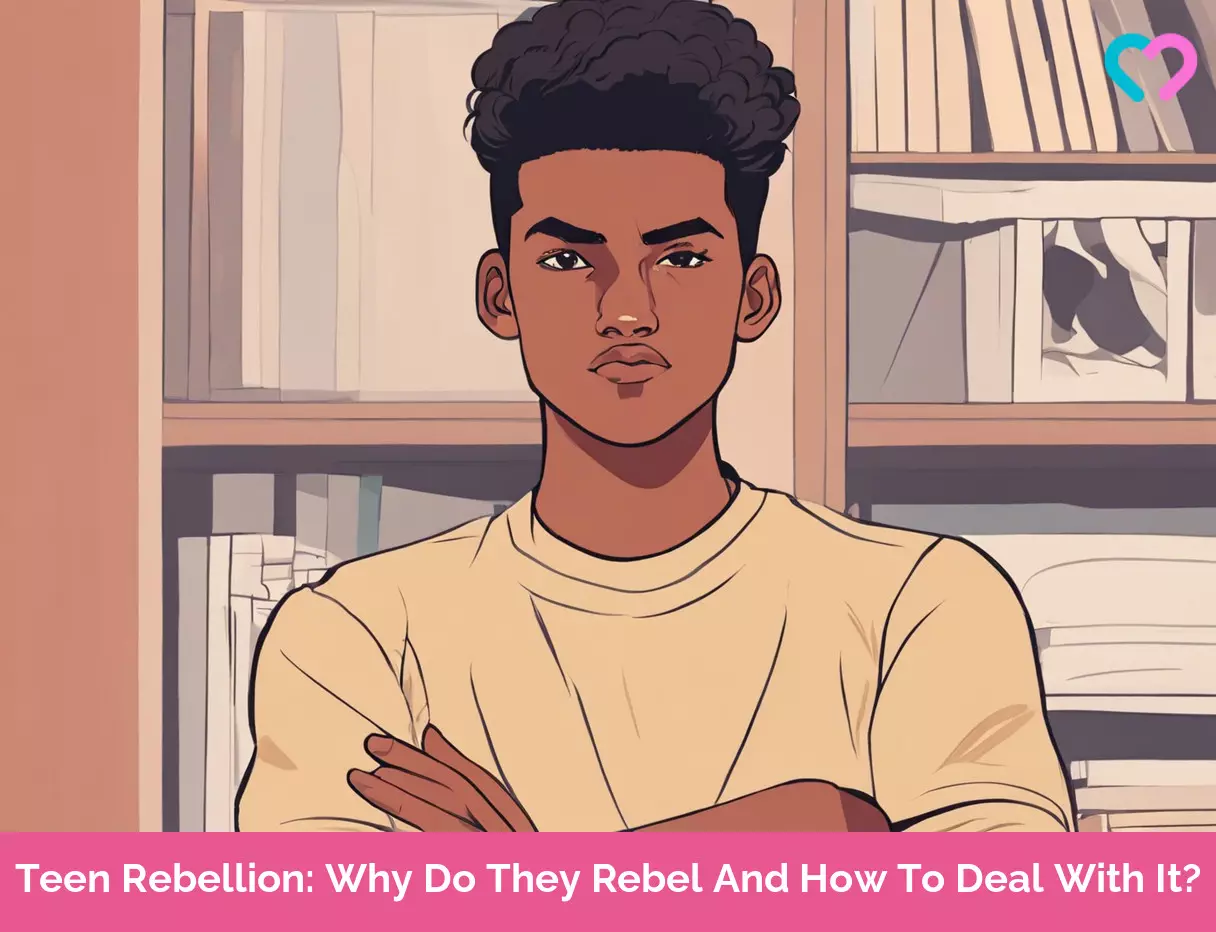
Image: Stable Diffusion/MomJunction Design Team
References
1. The adolescent brain: Beyond raging hormones; Harvard Health Blog
2. Toughing out the teenage years; University of Utah
3. Why does peer pressure influence teens to try drugs?; National Institute on Drug Abuse
4. Keeping your cool when parenting teens; Stanford Children’s Health
5. N. Ghaemi, How can parents tell the difference between normal teenage mood swings and possible mental illness?; Tufts University
6. Christina Leuker and Wouter van den Bos; I Want It Now! The Neuroscience of Teenage Impulsivity; Frontiers for Young Minds (2016).
7. Thomashley S. Ganiron et al.; Evaluating the Factors Affecting High School Student Rebellion; Research Gate (2017)
8. Help for Parents of Troubled Teens; Help Guide
Community Experiences
Join the conversation and become a part of our nurturing community! Share your stories, experiences, and insights to connect with fellow parents.
Read full bio of Claudia M. Gold
Read full bio of Sagari Gongala
Read full bio of Swati Patwal
Read full bio of Apoorva K






